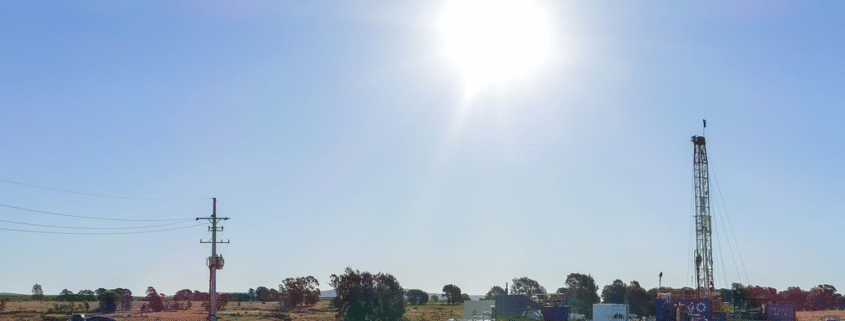Oil and Gas Royalties: What You Earn with a Mineral Lease
For some people, oil and gas royalties are second nature, with producing properties generating wealth for years to come. For others, oil royalties and mineral leases are both foreign terms.
If you own your mineral rights, then you can potentially earn a significant amount of oil and gas royalties. This is by entering into a mineral lease. In this article, we will lay out some of the most basic information about oil and gas royalties. Ready to get help for you to understand how a mineral lease works?
What is a Mineral Lease?
A mineral lease is an agreement between a landowner and an oil and gas company. It is also known as an oil and gas lease. For many larger operations, this agreement can be expanded between multiple property owners.
In a mineral lease agreement, the mineral rights owner still retains possession of the mineral rights while they are leased to the oil or gas company. However, for the duration of the contract, the oil and gas company essentially rents the property’s subsurface in order to explore and extract minerals.
What are Oil and Gas Royalties
Is your mineral lease up and running and the oil company is able to extract resources? Then you can begin to earn these royalties. Oil or gas royalties are a monthly payment to operation stakeholders as a percentage share from the sale of the extracted resources.
Here’s an example to help fully illustrate how these royalties work. Let’s say your mineral lease entitles you to 5% of the profits from oil sales extracted from your property. In March, the company is able to drill and sell $50,000 worth of crude oil. Here, you would earn $2,500 in oil royalties.
Conclusion
In the United States, one of the best ways to earn an income from your land is by entering into a mineral lease agreement. As you can see from the information provided above, successful oil and gas drilling operations can lead to significant oil and gas royalty earnings for mineral rights holders.




Leave a Reply
Want to join the discussion?Feel free to contribute!